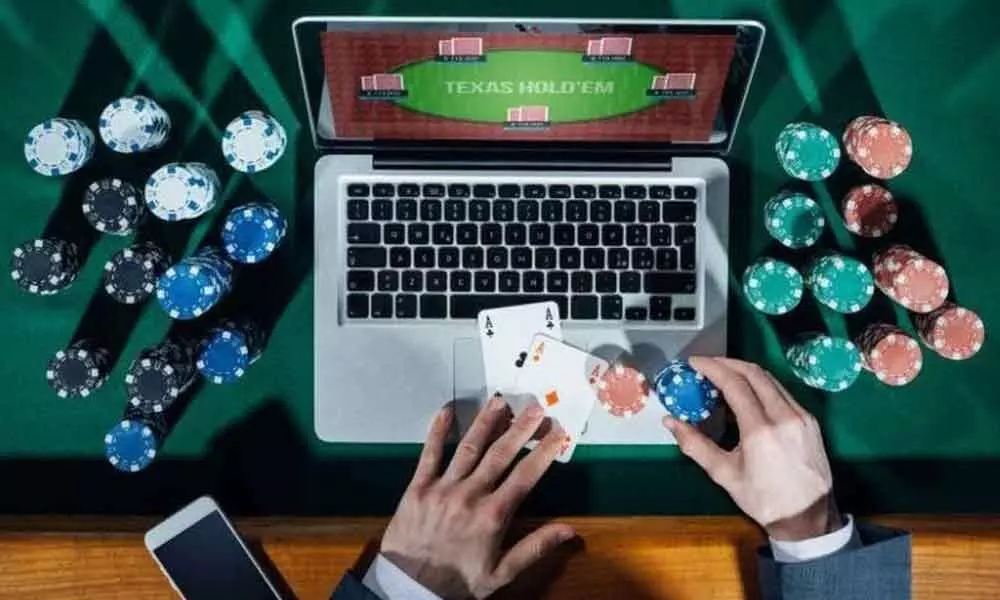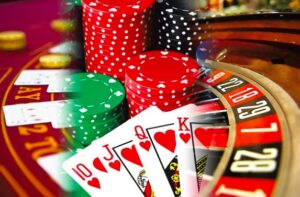
Gambling superstitions have existed for as long as games of chance, with slot machines inspiring some of the most colourful and persistent beliefs across different cultures globally. From lucky charms to specific rituals, players worldwide embrace various practices they believe might influence those spinning reels in their favour.
Lucky charms
Human beings naturally seek patterns and meaning, especially when facing unpredictable outcomes. When a player wins after performing a particular action, they may attribute the success to that behaviour rather than recognising it as coincidence, thus establishing a superstitious ritual.
This psychological mechanism, known as illusory correlation, is influential in gambling environments where players have limited control over outcomes. These beliefs offer comfort and a sense of agency in situations dominated by chance. Players connecting with slot server thailand often bring these cultural beliefs into the digital realm, applying physical-world superstitions to online environments.
Spin rituals
- Asia boasts some of the world’s most dedicated slot players and equally fervent superstitions. In Chinese gambling culture, red is considered extremely lucky and wearing red clothing while playing slots is thought to improve winning chances. Many Asian players also believe that entering a casino through the side entrance rather than the main door brings better luck.
- In Thailand, players often place small Buddha amulets on or near machines for protection and good fortune. Some Thai gamblers whisper prayers or mantras before pressing the spin button, believing spiritual forces can influence electronic outcomes.
- European slot players have their own set of beliefs. In Italy, touching a hunchback’s hump is considered lucky before gambling. German players might tap the machine gently between spins, believing this “wakes up” the winning potential. At the same time, British gamblers often avoid counting their money at the machine, considering it bad luck that could turn winnings into losses.
- North American players frequently blow on the screen or buttons before spinning, a practice that originated with dice games. Some refuse to use player cards, believing tracked play leads to fewer payouts. In Las Vegas, it’s common to see players rubbing machines that haven’t paid out in a while, thinking they’re “due” for a win, a classic example of the gambler’s fallacy.
Superstitions go online
As slot gaming has moved online, superstitions have evolved accordingly. Digital-age beliefs include:
- Clicking at precise times, such as on the hour or at “lucky” minutes
- Never play immediately after someone else has won a jackpot
- Using specific devices that players consider “lucky”
- Playing from locations where they’ve previously experienced wins
- Performing specific mouse movements or screen touches before clicking the spin
These digital rituals demonstrate how deeply ingrained superstitious thinking remains, even as technology transforms the gambling experience. Many online players maintain elaborate pre-game routines, from ensuring their desks are explicitly arranged to wearing lucky clothing, despite playing alone in their homes.
Science vs. Superstition
The outcomes are determined when a player presses the spin button without connection to previous or future spins. The cultural significance of these rituals extends beyond their effectiveness. They represent traditions passed down through generations, connecting players to their heritage and creating communal experiences. In many gambling communities, these superstitions function as social bonds, with players sharing tips and rituals as part of the gambling culture. The colourful beliefs that swirl around slot gaming add a rich cultural texture to the universal experience. While they may not change the mathematical reality of random number generators, they certainly transform the psychological experience for millions of players worldwide.




